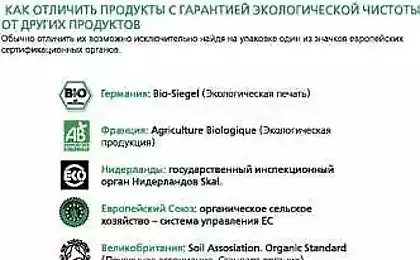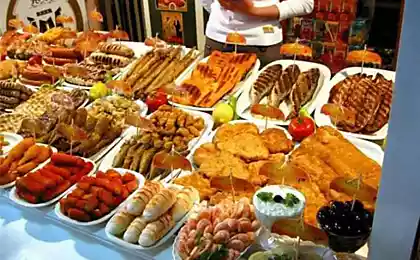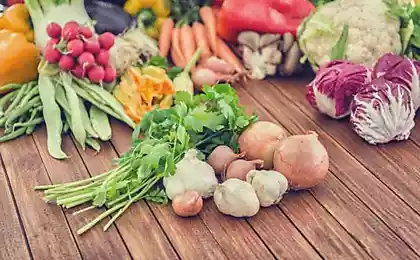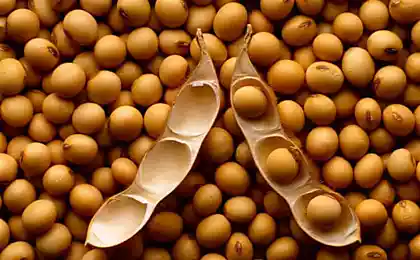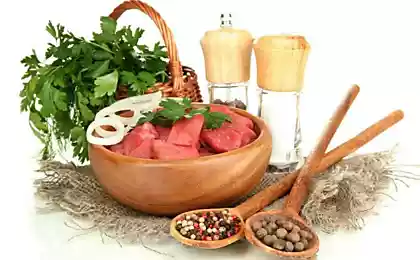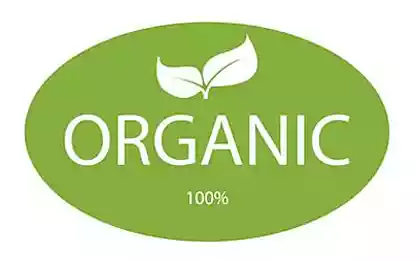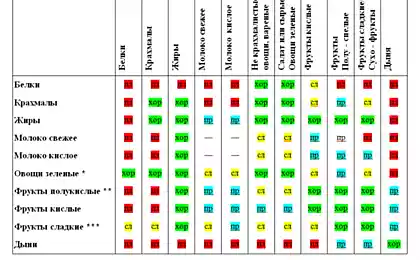437
Top 10 BIO-products in Europe
Today, organic products are in great demand among Europeans, including Romanians.
More and more people begin to lead a healthy lifestyle, and entrepreneurs were quick to exploit this need to the maximum.
While most organic producers sent their exports, the Ministry of agriculture has developed a list of bio-cultures, which can be a good idea for your local business:
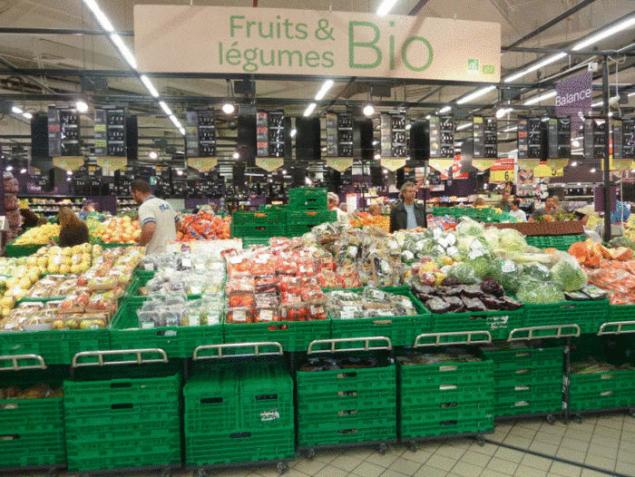
Organic grains and cereals
Among them wheat, soybean, corn and rice. These cultures impose very high requirements, especially in the USA and Canada. It can be lucrative, especially when you consider that the price per ton of soybean can reach 1,000 euros. Of these cultures to produce products such as bread and pasta, and their exports reached 50% of the total.
Feed bio-cultures
The most popular is corn – an incredibly huge demand for it is America where it is used as animal feed, grown in biological systems.
Eco oilseeds
Seeds, nuts, filbert, apricot seed, etc. have 22% of the total share of production in Romania. The sunflower and flax are the most popular in the production of oil.
Organic fruit
Cherries, sweet cherries, nuts, raspberries, apples, pears, apricots are very popular products for export.
Grapes and wine products
And they began to grown "organic" methods, the most popular are the vineyards of Wallachia, the Carpathians and Northern Romania. In partnership with the French Wine Association, the vineyards were planted on the "moon" bio-method.
Berries
Blueberry, BlackBerry, rosehip, raspberry and many others are among the most sold in Europe. They are often returned to Romania and resold at exorbitant prices.
Bio vegetables
Tomatoes, peppers, eggplants, potatoes, etc. are sold at very high prices. As the supply never exceeds demand, it is perhaps possible to explain and offer prices.
Mushrooms
Mushrooms are very popular and are sold in dry and fresh. High profits from their sales have led to the creation of several micro-farms in recent years.
Medicinal and aromatic plants
Used in the medical industry, industry of food supplements and in cosmetics. Herbs and medicinal plants can be a very promising business in Romania.
Non-food bio-products
Submitted to natural fabrics, especially cotton, personal care products, and aromatherapy products; their market share is still small, but constantly growing.
Source: www.ecology.md
More and more people begin to lead a healthy lifestyle, and entrepreneurs were quick to exploit this need to the maximum.
While most organic producers sent their exports, the Ministry of agriculture has developed a list of bio-cultures, which can be a good idea for your local business:

Organic grains and cereals
Among them wheat, soybean, corn and rice. These cultures impose very high requirements, especially in the USA and Canada. It can be lucrative, especially when you consider that the price per ton of soybean can reach 1,000 euros. Of these cultures to produce products such as bread and pasta, and their exports reached 50% of the total.
Feed bio-cultures
The most popular is corn – an incredibly huge demand for it is America where it is used as animal feed, grown in biological systems.
Eco oilseeds
Seeds, nuts, filbert, apricot seed, etc. have 22% of the total share of production in Romania. The sunflower and flax are the most popular in the production of oil.
Organic fruit
Cherries, sweet cherries, nuts, raspberries, apples, pears, apricots are very popular products for export.
Grapes and wine products
And they began to grown "organic" methods, the most popular are the vineyards of Wallachia, the Carpathians and Northern Romania. In partnership with the French Wine Association, the vineyards were planted on the "moon" bio-method.
Berries
Blueberry, BlackBerry, rosehip, raspberry and many others are among the most sold in Europe. They are often returned to Romania and resold at exorbitant prices.
Bio vegetables
Tomatoes, peppers, eggplants, potatoes, etc. are sold at very high prices. As the supply never exceeds demand, it is perhaps possible to explain and offer prices.
Mushrooms
Mushrooms are very popular and are sold in dry and fresh. High profits from their sales have led to the creation of several micro-farms in recent years.
Medicinal and aromatic plants
Used in the medical industry, industry of food supplements and in cosmetics. Herbs and medicinal plants can be a very promising business in Romania.
Non-food bio-products
Submitted to natural fabrics, especially cotton, personal care products, and aromatherapy products; their market share is still small, but constantly growing.
Source: www.ecology.md
Residential house which can be built in 4 hours
Pesticides descendants or what is contained in modern foods


